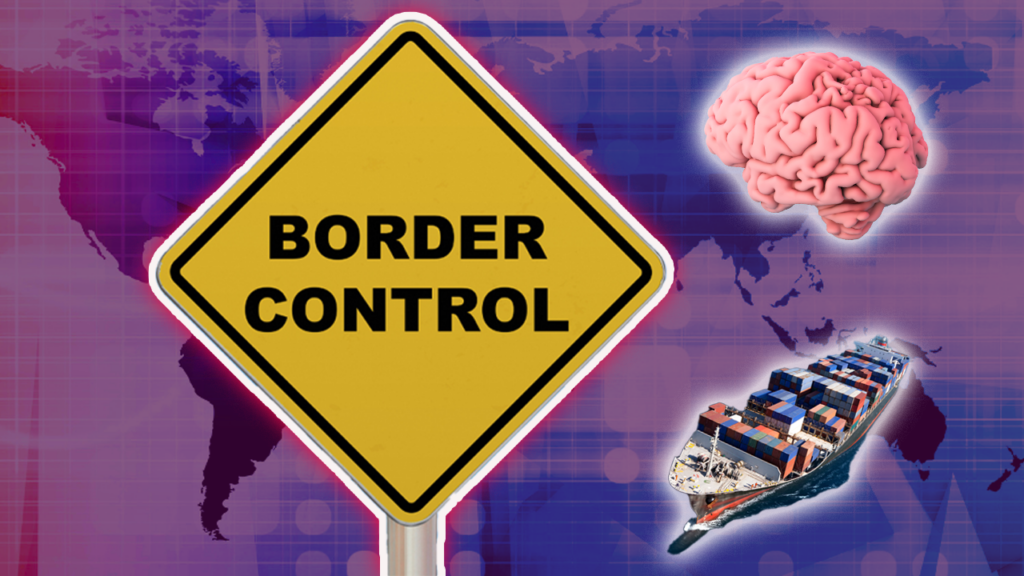. IMPLEMENTATION AND
ENFORCEMENT OF TRADE
AGREEMENTS
The negotiation of trade agreements represents
only the most visible part of a trade ministry’s
responsibilities. Agreements also need to be approved
and executed, the opportunities that they create must
be exploited through promotion, and — if one or more
countries believes that its partners are not fully living up
to the terms — these agreements must be enforced
by way of the dispute-settlement rules. The process
of approval is not dealt with here, as the constitutional
rules and political traditions of countries differ greatly
on this point. In some countries the approval of trade
agreements and other treaties is little more than a
formality, while in others the legislative branch may
show little deference to the executive.
The expanding scope of trade policy has complicated
the task of determining whether a partner’s laws, or
even one’s own, comply with all of the obligations of
the system. Back when tariff measures comprised the
great bulk of trade instruments, implementation and
compliance meant little more than ensuring that a
country’s applied tariffs did not exceed the bound rates,
and that the rules of non-discrimination (most favoured
nation treatment and national treatment) were not
violated. Today it is quite possible for the policymakers
in some other ministry to be entirely unaware that a
new law or regulation that they are about to enact
may clash with the obligations undertaken in one of
the more technically complex WTO agreements or
FTA chapters. The commitments that countries make
on such topics as services, subsidies and technical
barriers to trade may be especially susceptible to
unintentional violation through the adoption of new
laws and policies. Both to defend their rights and
to avoid being brought before the WTO Dispute
Settlement Body, countries need to keep abreast of
any such developments at home or abroad. They also
need to be prepared, if necessary, to defend their laws
before the Dispute Settlement Body.
44 TRADE POLICY FRAMEWORKS FOR DEVELOPING COUNTRIES: A MANUAL OF BEST PRACTICES
The trade ministry should take the lead in ensuring that
the country is in compliance with its commitments. A
TPF can help in that regard by reviewing the existing
commitments and determining whether there is
adequate awareness of them in other line ministries.
Some countries have in place a formal process by
which proposed laws and regulations are reviewed
for their WTO consistency. A country also needs to
ensure that its partners in trade agreements — both
multilateral and regional — abide by their commitments.
As summarized in box 5, there are some centralized
sources of information that may be monitored.
If a country determines that one of its partners does
not comply with a commitment and considers that
this non-compliance prejudices its trade interests, it
does have recourse to action. This includes both soft
enforcement and hard enforcement.
Tags:
LEGAL & LAW

